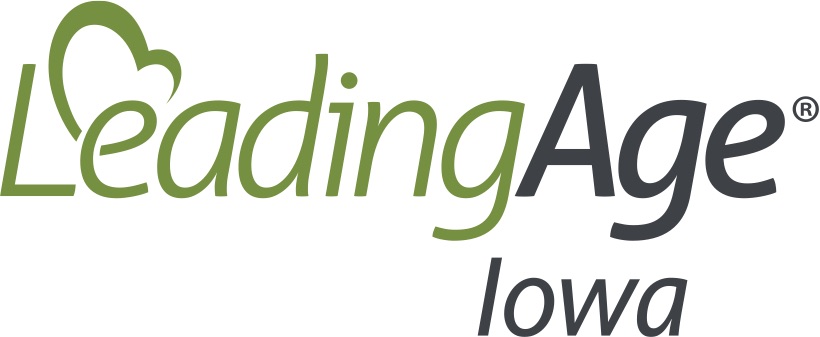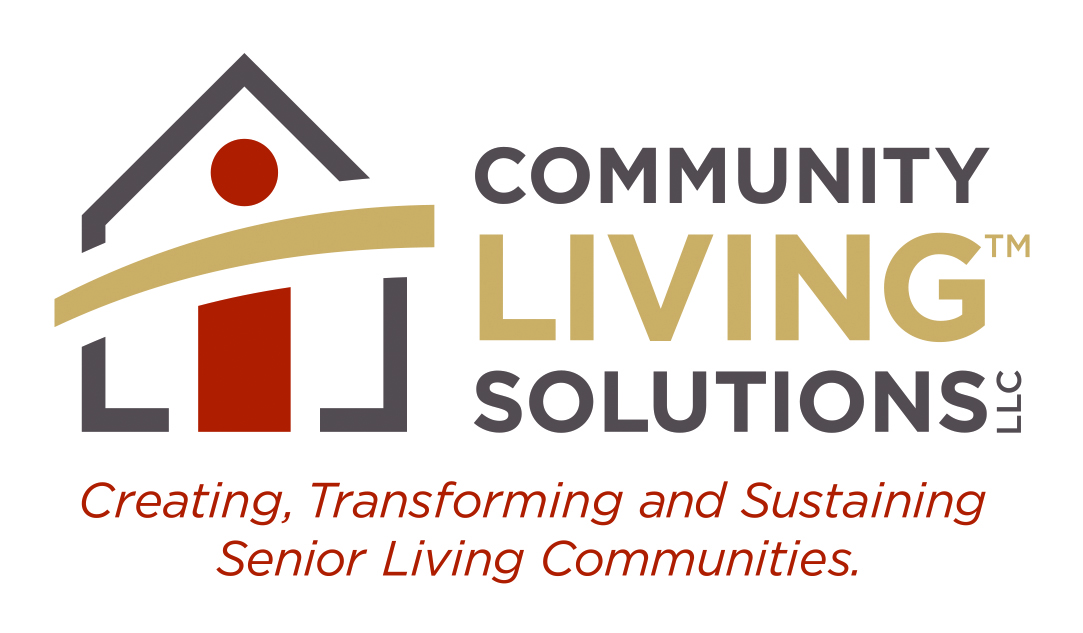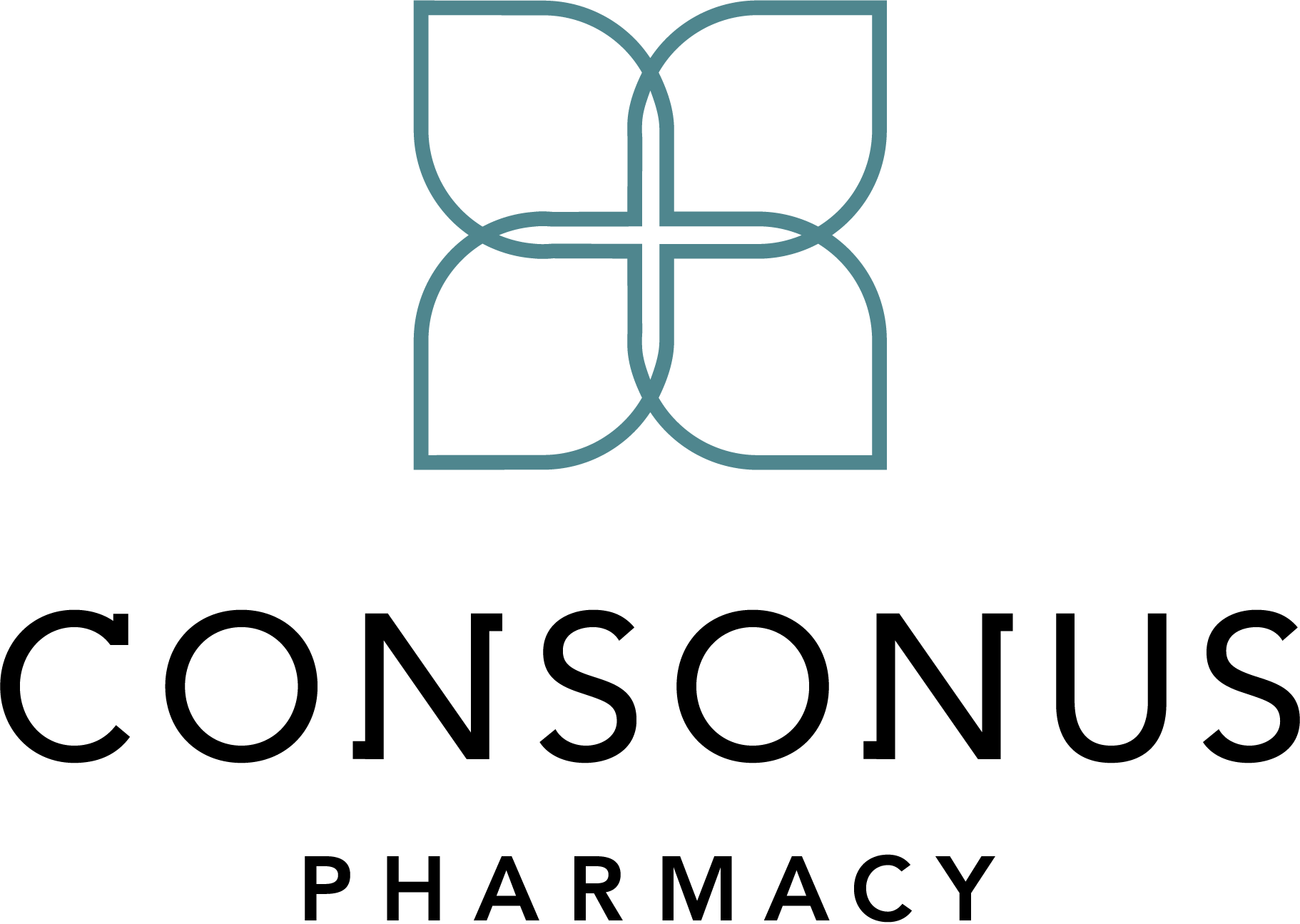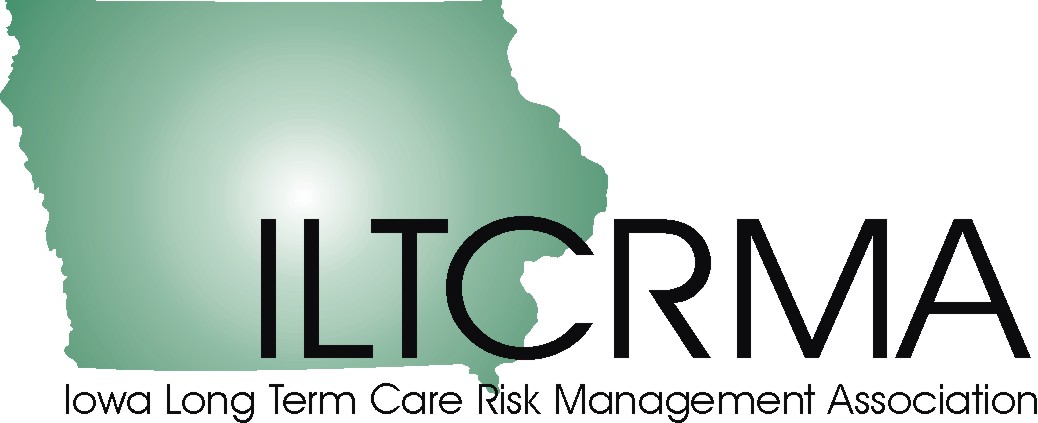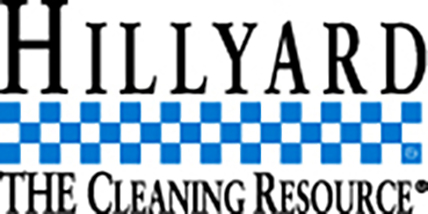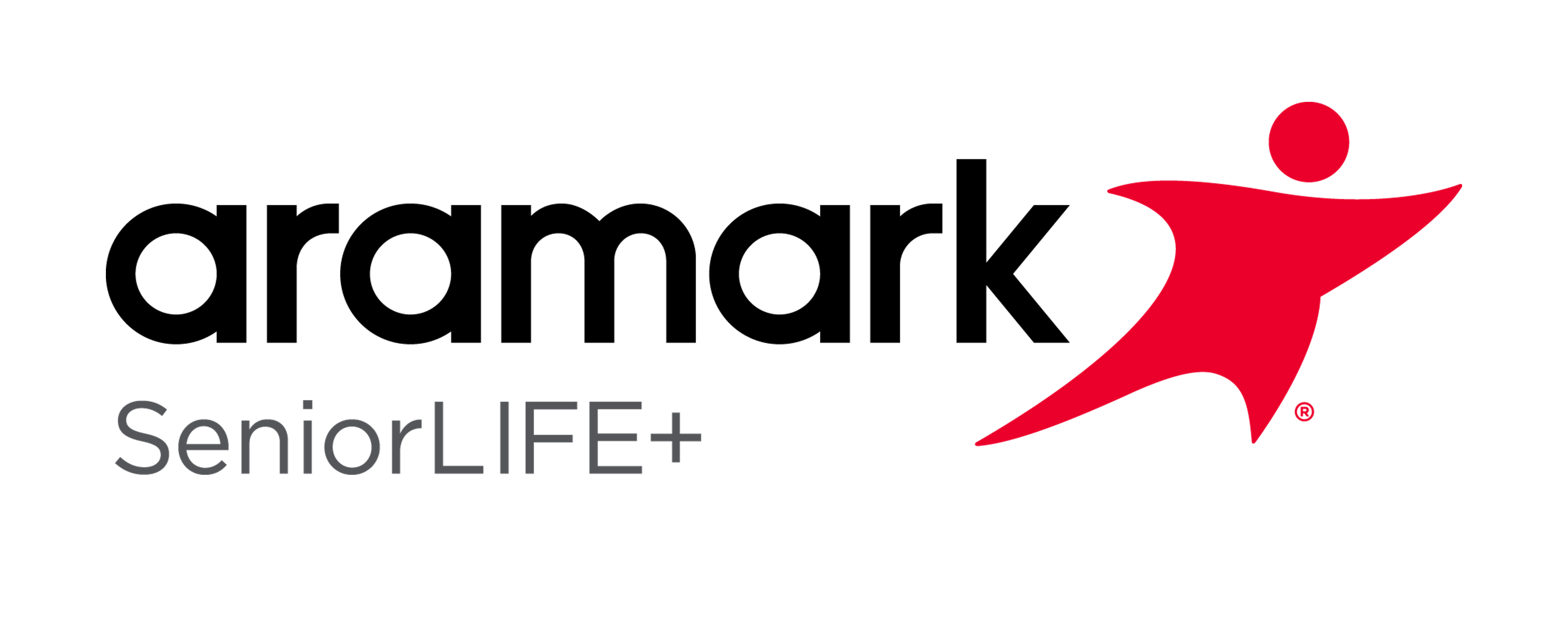- Home
- About
- Member Engagement
- Resources
- Consumers
- Advocacy
- Education
- Workforce
|
CMS Releases Revised Visitation QSO Memo In addition to the revised testing QSO, CMS released a revised QSO memo on visitation (QSO-20-39-NH). The visitation QSO revisions are outlined below. CMS added the definition for “up-to-date” meaning a person has received all recommended COVID-19 vaccines, including any booster dose(s) when eligible. In the core principles of infection prevention, CMS added a statement that visitors who have a positive viral test, have symptoms of COVID-19, or currently meet criteria for quarantine should not enter the building until they meet criteria used for the residents to discontinue transmission-based precautions (quarantine). Outdoor Visitation: CMS continues to state outdoor visitation is preferred when the resident and/or visitor are not up-to-date with all recommended vaccine doses. Indoor Visitation: If a resident’s roommate is not up-to-date with all recommended COVID-19 vaccine doses, or immunocompromised (regardless of vaccination status), visits should not be conducted in the resident’s room, if possible. Face coverings and physical distancing during visits:
Access to the Long-Term Care Ombudsman and Protection & Advocacy Program: If an ombudsman or P&A is planning to visit a resident who is in transmission-based precautions or quarantine, or a resident who is not up-to-date with all recommended COVID-19 vaccine doses, in a nursing home where the level of community transmission is substantial or high in the past 7 days, the resident and the ombudsman or P&A should be made aware of the potential risk of visiting, and the visit should take place in the resident’s room. Resident Outings: When a resident leaves the nursing home, upon their return the nursing home should:
FAQ Document: Question #7 – Should the nursing home pause communal activities and dining during an outbreak investigation? A: If the nursing home is using a broad-based approach for an outbreak investigation, residents who are not up-to-date with all recommended COVID-19 vaccine doses should generally be restricted to their rooms, even if testing is negative, and should not participate in communal dining or group activities until they have met the criteria for discontinuing transmission-based precautions. In general, residents who are up-to-date with all recommended COVID-19 vaccine doses and resident who had COVID-19 in the last 90 days do not need to be restricted to their rooms unless they develop symptoms of COVID-19, are diagnosed with COVID-19 infection, or the nursing home is directed to do so by the jurisdiction’s public health authority. |
